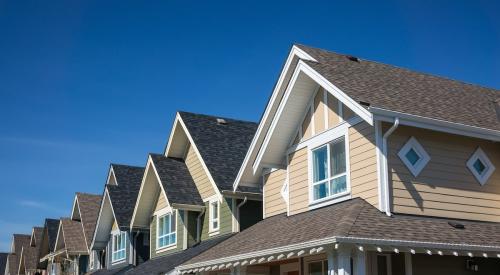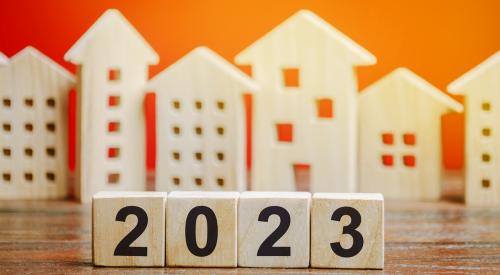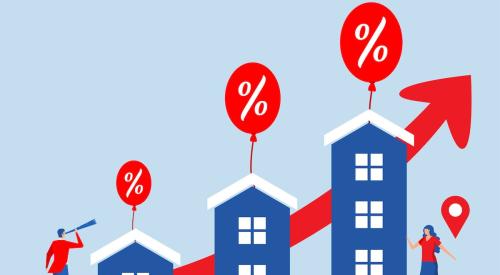Homebuyers and renters are prepping for a 2023 economic recession with the shared hope that a slowing housing market will translate to lower prices, but after increases throughout the last several years, a substantial drop doesn’t seem likely, Forbes reports. Since the start of major price gains in the housing market, rent has been a source of “sticky inflation,” meaning it’s less likely to come down the higher it goes up. Rather than decreasing in 2023, experts predict that rental costs could stabilize in the months ahead.
In November 2022, housing prices were up 7.4% nationwide compared with November 2021, but despite consistent annual gains, prices are slowing from double-digit increases seen in early 2022.
Rising rents were part of what prompted the Fed to start increasing interest rates. When we start seeing significant rent increases, it's called 'sticky inflation.' Sticky inflation happens when prices jump on expenses that experience pricing changes in cycles of 4.3 months or more.
Rental costs went up by 23.5% between October 2019 and October 2022, which negates any gains workers may have made in terms of wage growth during the pandemic. The odds that rent will come down enough to compensate for this historic increase are low.













